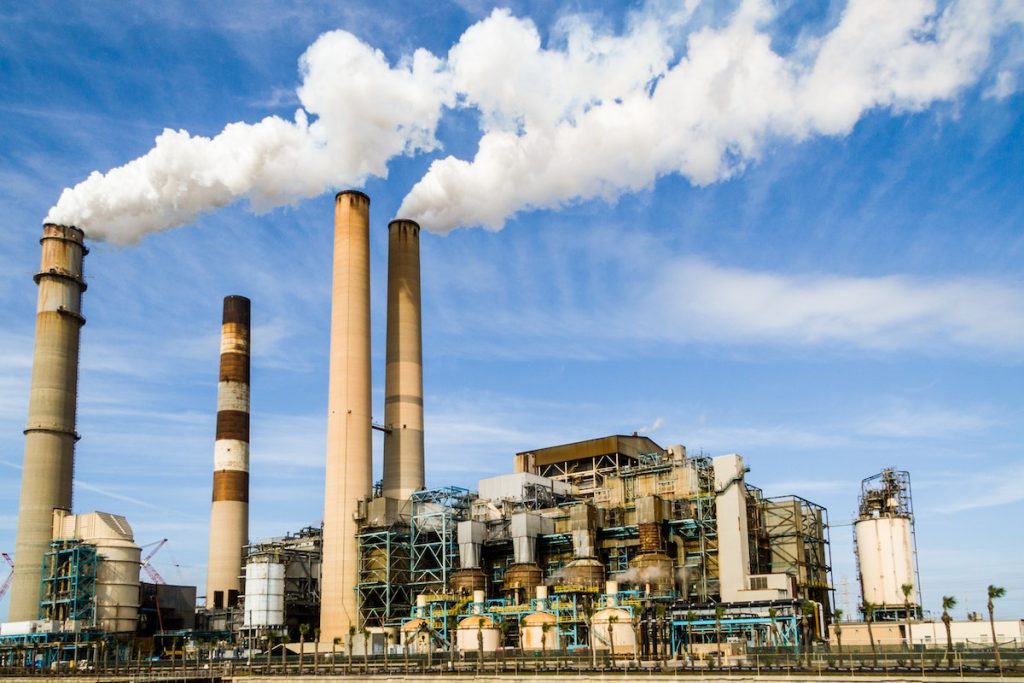- The oil industry’s rapid growth poses significant environmental risks, such as air and water pollution and soil contamination.
- Oil spills, a common industry byproduct, cause devastating and long-lasting environmental damage.
- High water usage in oil production can lead to pollution, affecting aquatic life and clean water access.
- Emissions from oil production contribute considerably to air pollution, posing health risks and causing climate change.
- Prevention strategies include regular pipeline inspections, comprehensive risk assessments, and cleaner production practices.
The oil industry has been the backbone of the energy sector for decades. However, with the growing concern about the environment and climate change, the adverse effects of oil production have become more pronounced. Oil companies have been spotlighted for the environmental damage caused by their operations. As an oil company owner, it is essential to understand how your business could damage the environment. Here’s what you need to know about the industry, how your company can affect the environment, and what you can do to avoid this damage.
The Oil Industry Today
It’s estimated that the oil industry is worth $4 trillion today. It’s a fast-growing sector, and it’s estimated that more new oil projects will be created over the next 20 years. However, this level of growth comes with a severe environmental cost. Oil production releases dangerous atmospheric pollutants, including sulfur dioxide, nitrogen oxide, methane, carbon dioxide, and particulate matter. When released into the atmosphere, these toxins can cause acid rain and air pollution. Here are various ways your oil company can affect the environment:

1. Oil Spills
Oil spills are the most visible and devastating environmental catastrophes that can occur in oil production. They cause billions of dollars to clean up, costing your company and the local community. They happen due to the accidental discharge of crude oil into the water bodies or land. The effects of oil spills are severe and long-lasting on the environment. They can harm aquatic life, damage ecosystems, pollute the air and water, and taint soil quality. To prevent oil spills, it is crucial to have appropriate precautions and contingency plans to ensure that your oil company addresses them effectively.
2. Water Pollution
Water is a precious resource, and the oil industry is one of the biggest water consumers. Most oil production activities require water for drilling, refining, and transportation. If not handled properly, oil production can lead to water pollution through waste, run-off, or accidental spills.
The pollution can cause immense damage to aquatic life, increase the risk of water-borne diseases, and limit surrounding communities access to clean water. As an oil company owner, you must comply with water pollution control regulations and promote efficient water use.
3. Air Pollution
Oil production releases a significant amount of emissions into the air. The emissions come from the equipment used in oil production, transportation, and refining. Air pollution caused by oil production poses a severe health risk to both humans and the environment. It can lead to respiratory diseases, contribute to the formation of acid rain, and cause climate change. To reduce air pollution, it is essential to implement measures such as flaring reduction, the use of alternative energy sources, and investment in low-polluting transportation methods.
4. Soil Contamination
Oil spills and other oil production activities can contaminate the soil with toxic substances that may affect soil fertility, an essential aspect of environmental sustainability. Using chemicals in production, such as drilling fluids and oil-based mud, can increase the risk of soil contamination. Soil pollution can also affect the quality of food produced and limit agricultural production in affected areas. As an oil company owner, promoting sustainable production practices, monitoring soil quality, and investing in soil remediation processes is crucial.
Ways to Prevent This Damage
Thankfully, there are various ways to prevent these damages. Here are three effective ways:

Pipeline Inspections
First, your pipelines must be inspected. A thorough in-line inspection of pipelines covers two main things. It helps detect any corrosion or damage that could compromise the pipeline’s integrity. Secondly, it can help identify areas where oil leaks may occur and take preventive measures to reduce further contamination.
Risk Assessment
Second, assessing risks associated with your operations and implementing appropriate safety measures is crucial. This includes conducting environmental impact assessments for new projects, implementing workplace safety measures, and adopting efficient waste management practices.
Adopting Cleaner Production Practices
Finally, it’s essential to adopt cleaner production practices in your operations. This could include using alternative energy sources such as solar and wind energy, investing in new technology that reduces emissions, and promoting sustainable materials. Investing in research and development of new technologies is also beneficial to reduce the environmental impact of oil production.
Oil spills, water pollution, air pollution, and soil contamination are all serious environmental issues caused by oil production. As an oil company owner, it’s essential to understand these impacts and take steps to avoid them. Risk assessment and adopting cleaner production practices are two effective ways to reduce the environmental impact of oil production and ensure that your company complies with regulations. Ultimately, it’s essential to be proactive in creating a more sustainable energy sector for today and the future.




